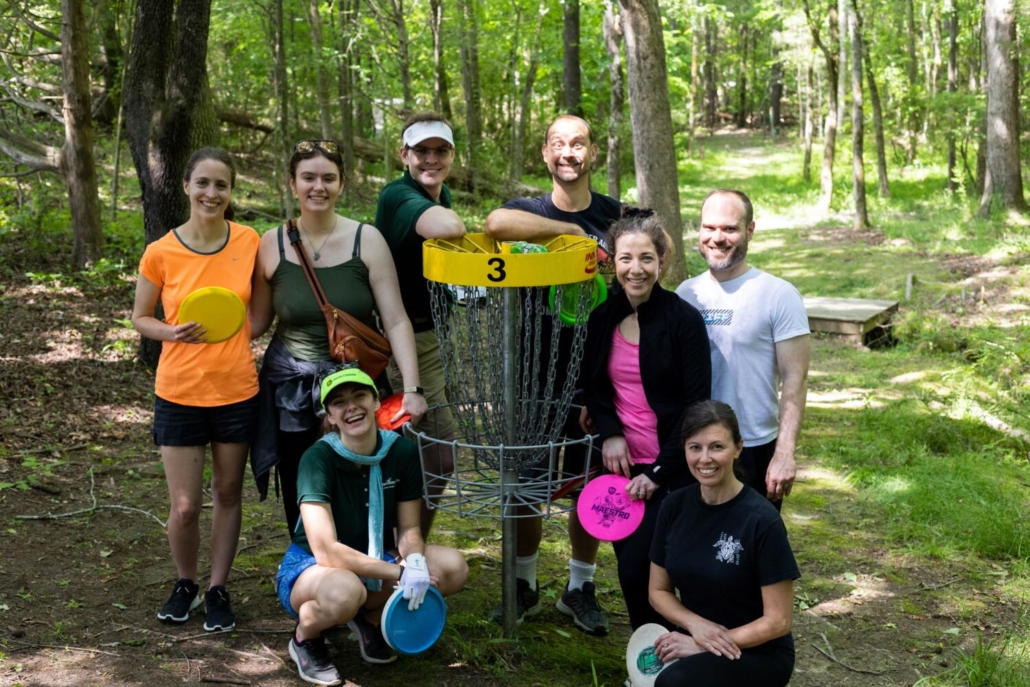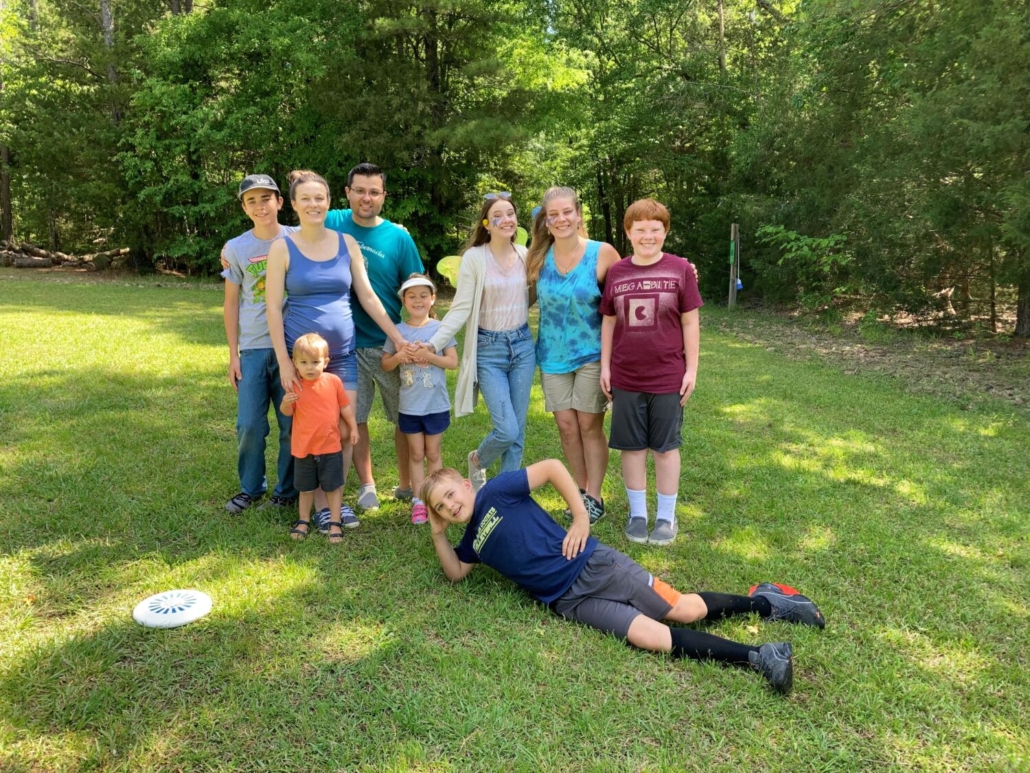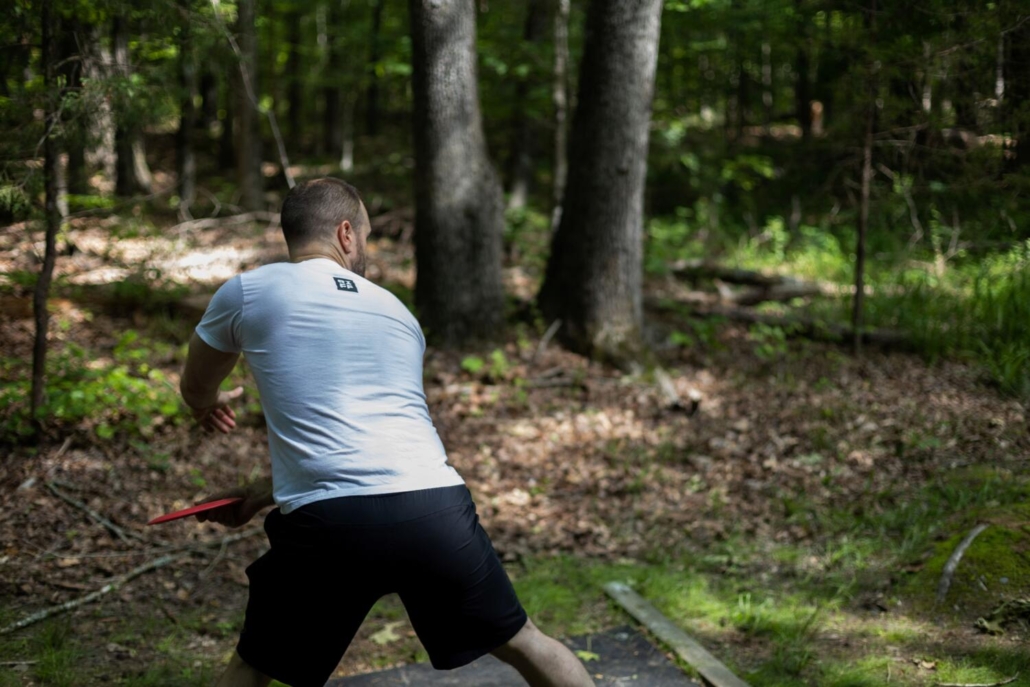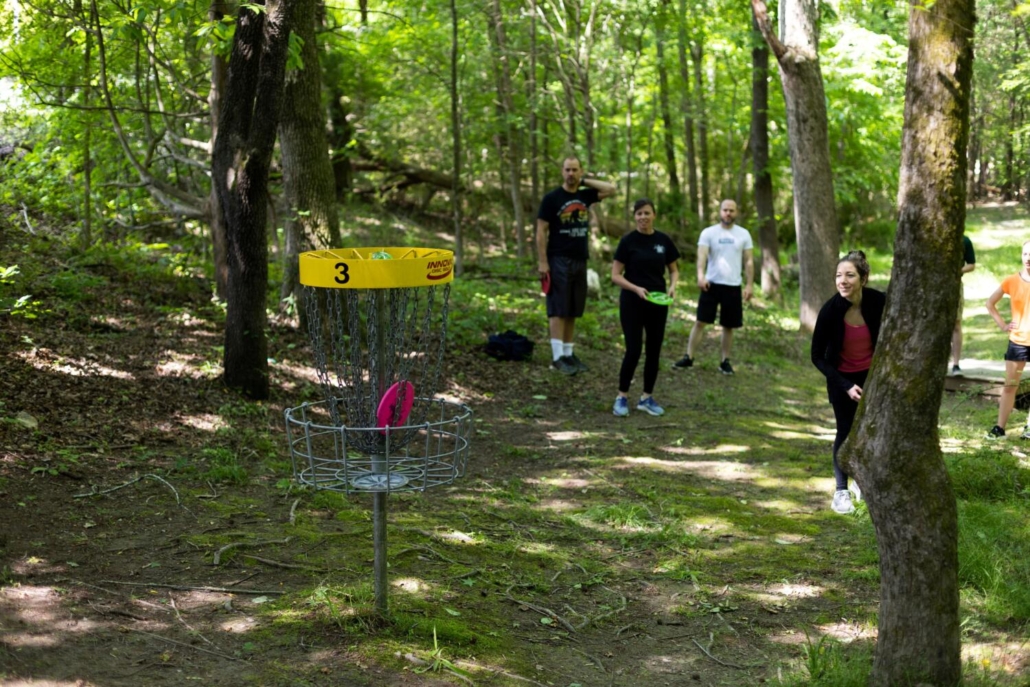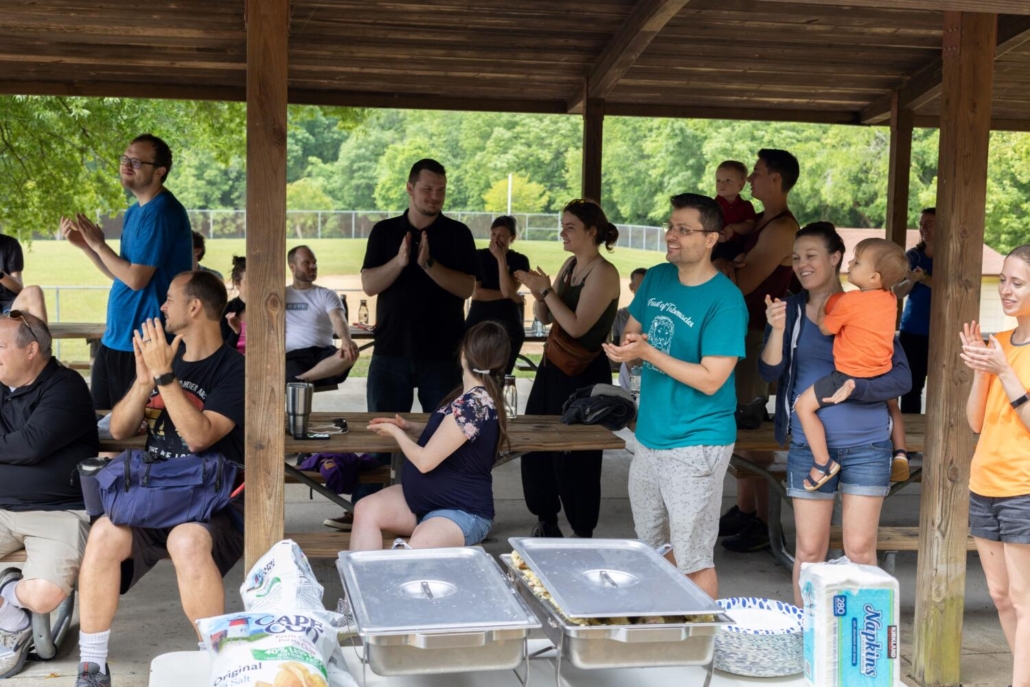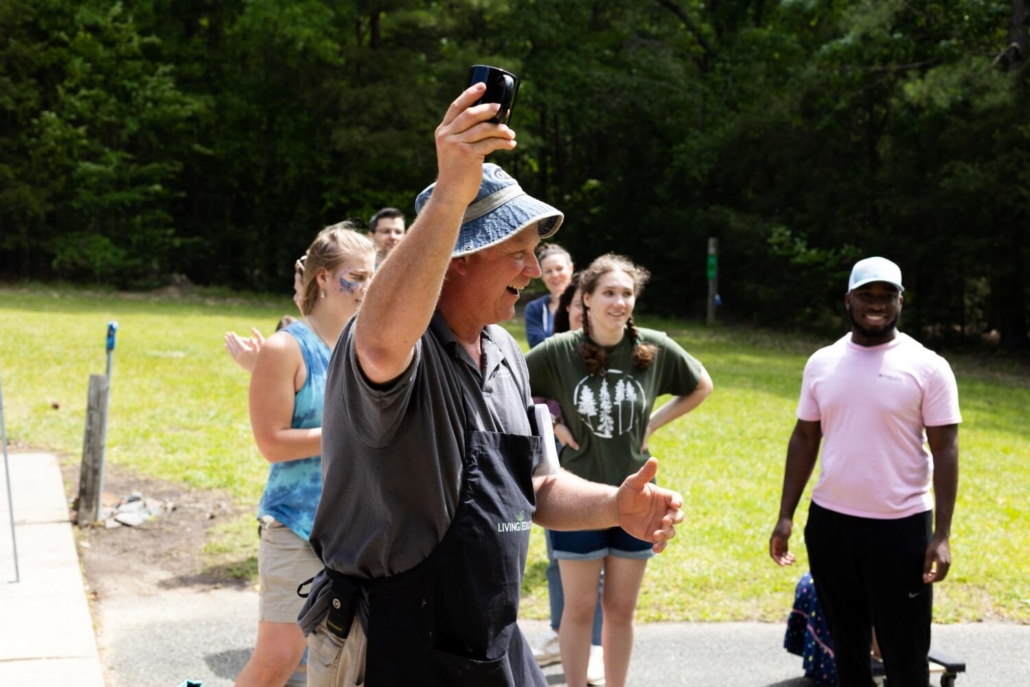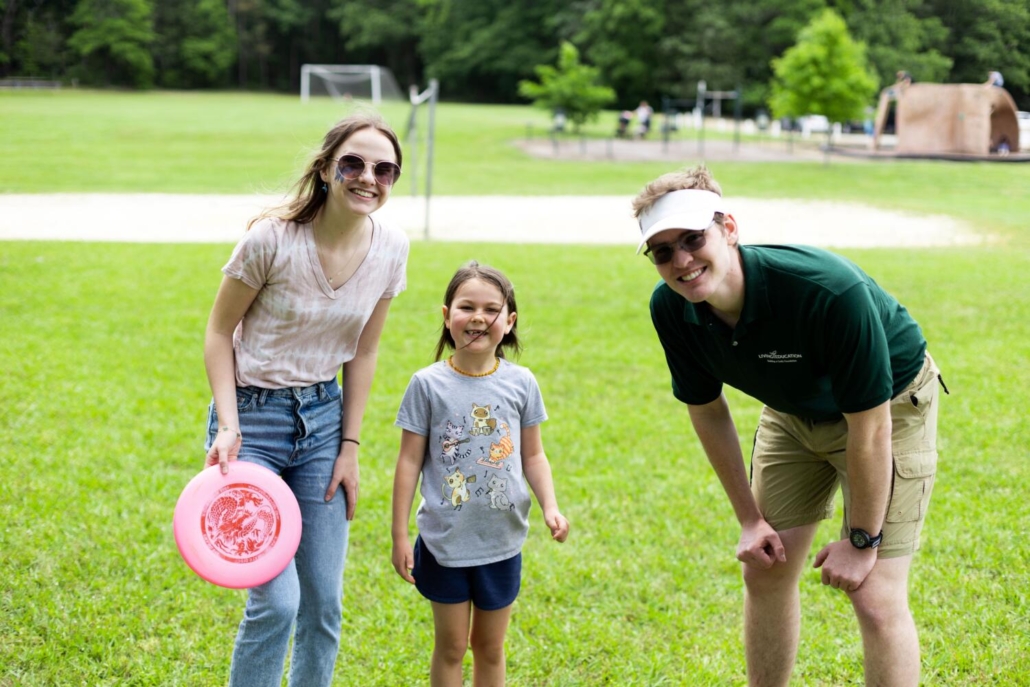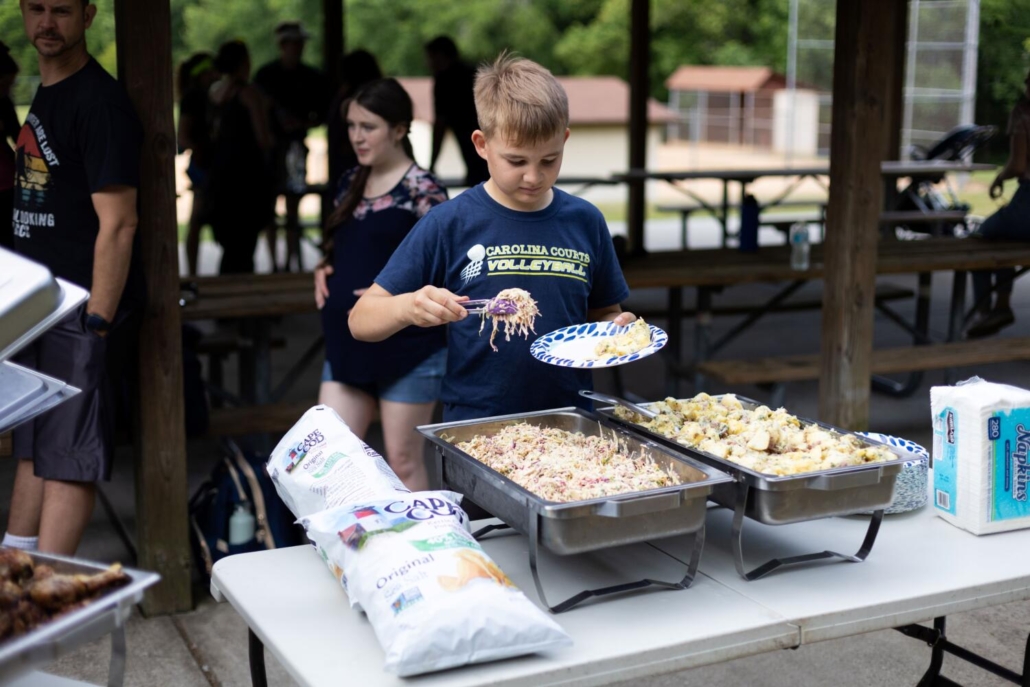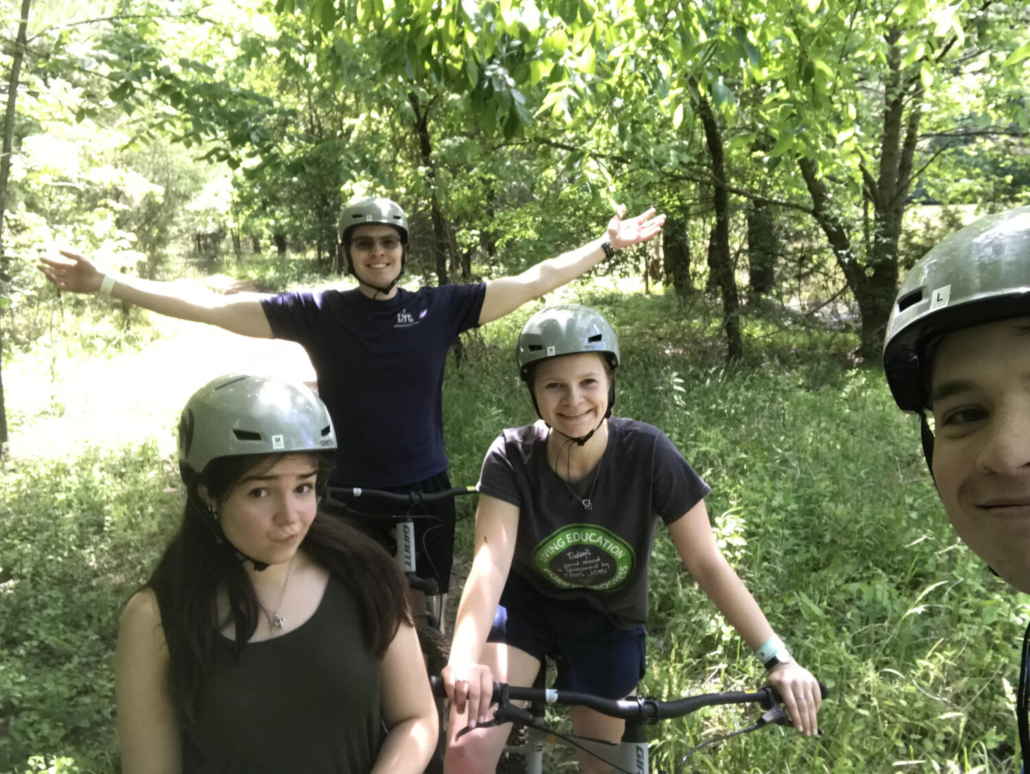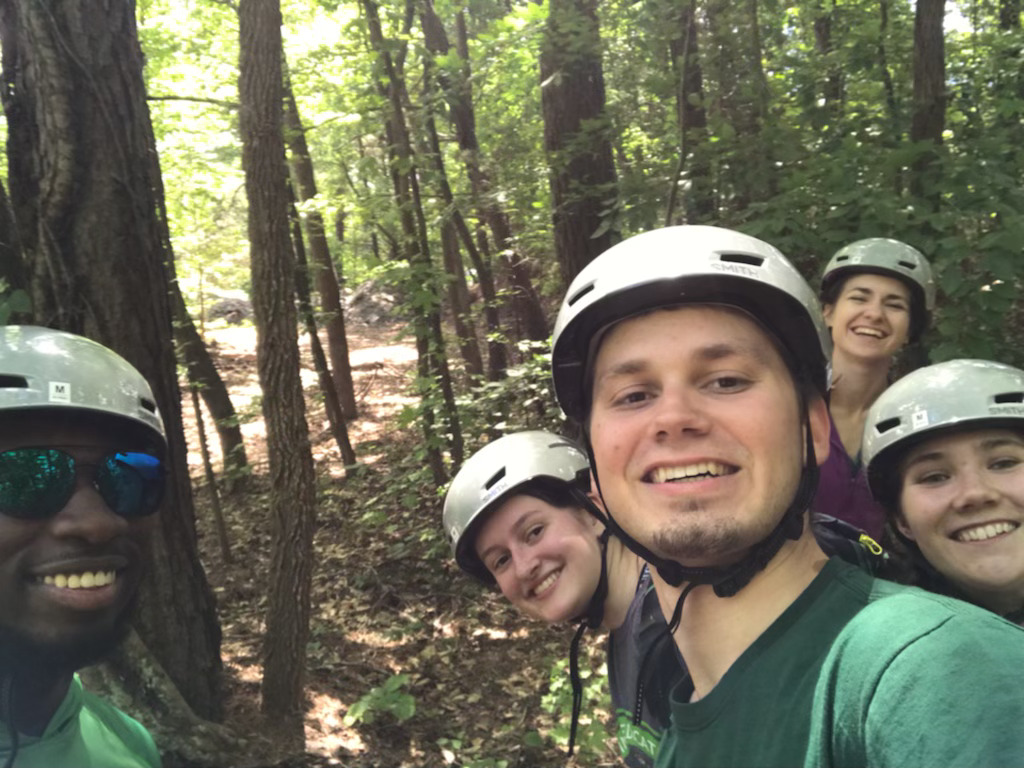Godly Protocol: Loving Your Neighbor
Author: Nathan Kroon | Student Leader, Living Education – Charlotte, 2022-23
Estimated Reading Time: 3 min.
Mr. Richard Ames, in the final forum of the 2022-23 Living Education–Charlotte year, gave the students instruction in protocol.
In our world, there are certain standards that we adhere to, depending on our environment. Mr. Ames called this system of standards GIPS: Guidelines, Instructions, Procedures, and Standards. We can follow guidelines others set before us in our childhoods, our marriages, etc. There’s an etiquette we follow in our communication with other people. Mr. Ames recalled that, during his time in the military, before God called him into the Worldwide Church of God, this was especially important. What expectations do people have for us in terms of protocol, and what expectations do we have for other people?
Types of Protocol
Protocol can be defined as an expected standard of conduct, or as a premeditated procedure followed in certain situations. For example, when a football player in the NFL suffers a concussion, the protocol for when they can begin playing again is typically at least nine days later. Mr. Ames said that he had to learn about the strict procedures he had to follow to be on the air during his first job as a radio announcer. Airline companies also have safety protocols for when something goes wrong during a flight, which have saved several lives since the initial innovation of aviation. One way to organize what to do during these protocols is to create a checklist. This is what an airline follows when an emergency arises, and they can be incredibly helpful for keeping track of routines you want to follow.
Basic Keys to Loving Your Neighbor
- Have an Attitude of Respect
Mr. Ames quoted Dr. Roderick C. Meredith, saying, “Every human is precious in God’s sight.” We need to treat others with respect. Philippians 2:3 tells us to esteem others higher than ourselves.
- Choose Words of Respect and Courtesy
Mr. Ames listed five simple phrases we can use every day with each other to show respect and courtesy:
● “Thank you.”
● “You’re Welcome.”
● “Please.”
● “I’m sorry.”
● “How may I help you?”
These phrases will help us to get along with other people.
- Follow Biblical Instructions
“When all else fails, follow instructions” is a common phrase. Mr. Ames said that it really should be, “To prevent failure, follow instructions.” The Bible gives us tons of lessons on how we should manage our conduct:
● Obey your leaders (Hebrews 13:17).
● Submit to one another (Ephesians 5:21).
● Let your “yes” be “yes,” and your “no” be “no” (Matthew 5:37).
● Don’t use corrupt words (Ephesians 4:29).
● Seek wisdom (Proverbs 2:1).
Our world today is becoming a confused mess, and that is because people aren’t following the protocols that God has set before them. It’s important that people prove to themselves that God exists and that the Bible is the word of God. With that, they can learn biblical protocol through His statutes and instruction. Practice godly protocol—it will ensure you an abundant life!

Nathan Kroon is a Student Leader at Living Education. He originally hails from Washington State and is a 4th generation Christian. Currently, he works at Headquarters as a Video Editor and is the Lead Landscaper at the LivingEd dorms. His hobbies include playing guitar, listening to music, drawing, and watching movies.


